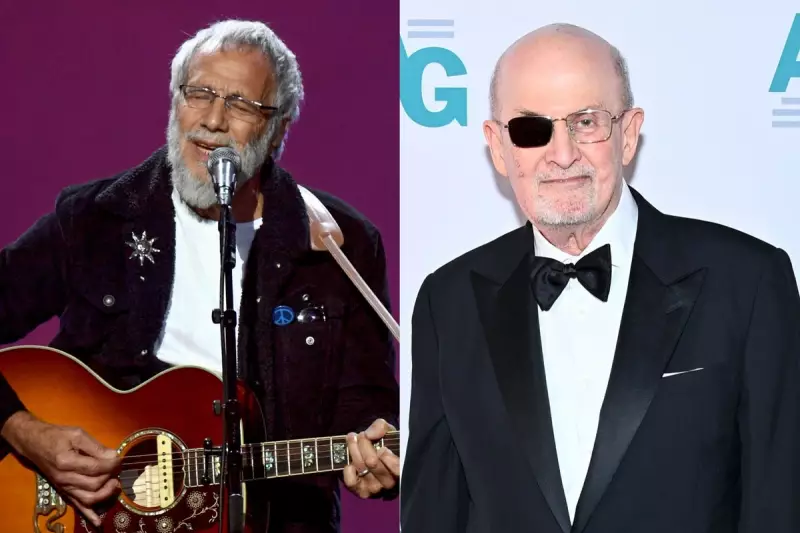
In his first public comments since the brutal 2022 attack on Salman Rushdie, music icon Yusuf Islam - known worldwide as Cat Stevens - has revealed he was 'horrified' and 'sickened' by the violence that left the acclaimed author severely injured.
The reclusive singer-songwriter broke his silence during a candid interview with CBS Sunday Morning, addressing one of the most controversial chapters of his life with surprising openness.
A Complex and Painful History
The relationship between these two cultural figures dates back decades to the firestorm surrounding Rushdie's novel 'The Satanic Verses'. In 1989, Iran's Ayatollah Khomeini issued a fatwa calling for Rushdie's death, placing the author under constant threat.
During that turbulent period, Stevens - who had converted to Islam and changed his name - made comments that were widely interpreted as supporting the fatwa. Though he later clarified his position, the perception lingered for years.
Unequivocal Condemnation
Now, speaking about the knife attack that nearly took Rushdie's life during a public appearance in New York, Stevens left no room for interpretation.
'I was horrified to hear about that most terrible incident,' the 'Peace Train' singer stated. 'I'm sickened by that. I mean, that's awful. Nobody should have to go through that kind of terror, ever.'
His words mark a significant moment of clarity regarding his stance on the violence that has shadowed Rushdie for over three decades.
Reflection and Moving Forward
Now 75, Stevens appears to be in a reflective period of his life, recently announcing his first North American tour in decades. The interview suggests an artist grappling with his legacy and the weight of past statements.
While the history between these two figures remains complex, Stevens' unambiguous condemnation of the attack provides a measure of closure to one of literature's most enduring controversies.
The full interview offers rare insight into how the musician has navigated faith, fame, and controversy across six decades in the public eye.





